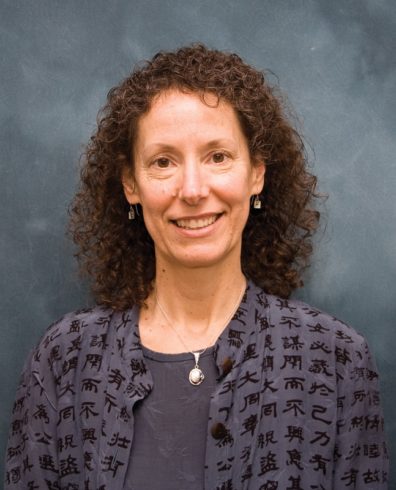Dr. Laurie Mercier
Claudius O. and Mary W. Johnson Distinguished Professor of History
 Departments:
Departments:
Arts and Sciences
History
lmercier@wsu.edu
Phone: (360) 546-9646
Located in Multimedia (VMMC) 102v
Office Hours: varies by semester
About Laurie Mercier
Laurie Mercier is the Claudius O. and Mary W. Johnson Distinguished Professor of History and teaches the history of the United States, the North American West, the Pacific Northwest, immigration and migration, women, and labor. She is former associate director of the Center for Columbia River History, a former president of the Oral History Association, former co-director of the Center for Social and Environmental Justice, and co-director of the Columbia River Basin Ethnic History Archive projecthttp://archive.vancouver.wsu.edu/crbeha/home.htm.
Mercier’s recent publications include Speaking History: The American Past through Oral Histories, 1865-2001(Palgrave/MacMillan Press, 2010); The 1970s Social History of the United States. (ABC-CLIO Press, 2009); Mining Women: Gender in the Development of a Global Industry, 1670-2000 (Palgrave/MacMillan Press, 2006 and 2009); Anaconda: Labor, Community, and Culture in Montana’s Smelter City(University of Illinois Press, 2001, winner of Mining History Association biennial Clark Spence Award for Best Book on Mining History, 2003), and numerous articles that explore the intersections of class, race, gender, and region. She has been a guest lecturer in venues from the Ukraine to Japan. Her current research project is aimed at comparing how workers negotiate gender boundaries in industrial communities in Canada, the western U.S. and Australia.
Mercier has directed major grant projects funded by the Department of Education, the Institute of Museum and Library Services, and National Endowment for the Humanities. She has especially enjoyed working with undergraduate and graduate students on special projects that offer unique opportunities for their own scholarly development as well as contribute significant new knowledge and materials to various communities, such as projects to digitize the Clark County NAACP records, conduct oral history interviews with area women for Washington State’s Suffrage Centennial, and develop an exhibition on the history of the I-5 Bridge at the Clark
Courses
| Course ID | Title | Meeting Time | Location | Semester | Syllabus |
|---|---|---|---|---|---|
| Hist 422/522 | History of the Pacific Northwest | Tuesdays 6:00 p.m. | VUCB | Spring | |
| Hist 469 | Senior Seminar | Thursdays 9:10-11:50 a.m. | VLIB | Spring |